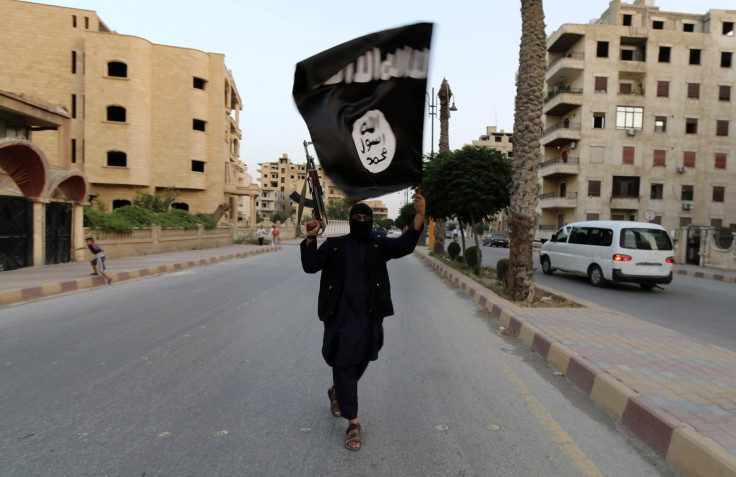ISIS Claims Responsibility For Car Bomb Attack Near Syrian Gas Plant In Homs

The Islamic State group said it was responsible for a car bomb attack near a gas plant in Homs, Syria, on Monday that killed eight people, including four soldiers, and wounded 15 people, according to activist reports.
The attack took place at a checkpoint near the Firqlos gas plant in Homs province. ISIS said in a statement that the two bombers were both Moroccan and were killed in the attack, but the Syrian state-run news agency claimed regime troops captured the attackers. Meanwhile, in Aleppo province, a bomb-laden car exploded near the the town of Efrin. Six people were killed and 10 others were injured in the attack.
The Sunni militant group has for months attacked oil and gas fields in both Iraq and Syria in an attempt to gain access to profitable resources. But ISIS has for the most part used car and suicide bomb attacks in Iraq to get around the Shiite militias protecting Baghdad.
In October, International Business Times reported that a growing wave of car bomb attacks in Baghdad had killed hundreds of people in just three weeks. In October alone, more than 500 people were killed in Iraq in car and suicide bombings, according to Iraq Body Count, a monitoring group tracking civilian deaths. (A report by the Soufan Group, a private intelligence provider, found that 80 percent of the suicide attacks in Iraq between September and mid-October were committed by foreign fighters). Most of those attacks occurred in Baghdad and are the work of Islamic State militants.
The attacks marked the beginning of a new ISIS campaign to target top security officials in Iraq: Gen. Ahmad Sadak al-Dulaymi, the Anbar provincial police chief, was assassinated while traveling in a convoy north of the province’s capital Ramadi, where Iraqi security forces are attempting to oust ISIS.
Now, that strategy has moved into Syria. The use of car and suicide bomb attacks in Syria signal that the Sunni militant group is finding it more difficult to gain ground in regime strongholds.
ISIS isn't only claiming responsibility for car and suicide bomb attacks in Syria and Iraq, but also in Libya. Reports surfaced Monday that ISIS militants planted a car bomb outside the diplomatic security building in Tripoli that exploded but didn't kill anyone.
"The provincial division of the Islamic State [IS] for Tripoli, Libya, claimed a car bombing at the diplomatic security building in the capital, and provided a photo of the blast," according to the U.S.-based monitoring group SITE Intelligence.
© Copyright IBTimes 2024. All rights reserved.





















